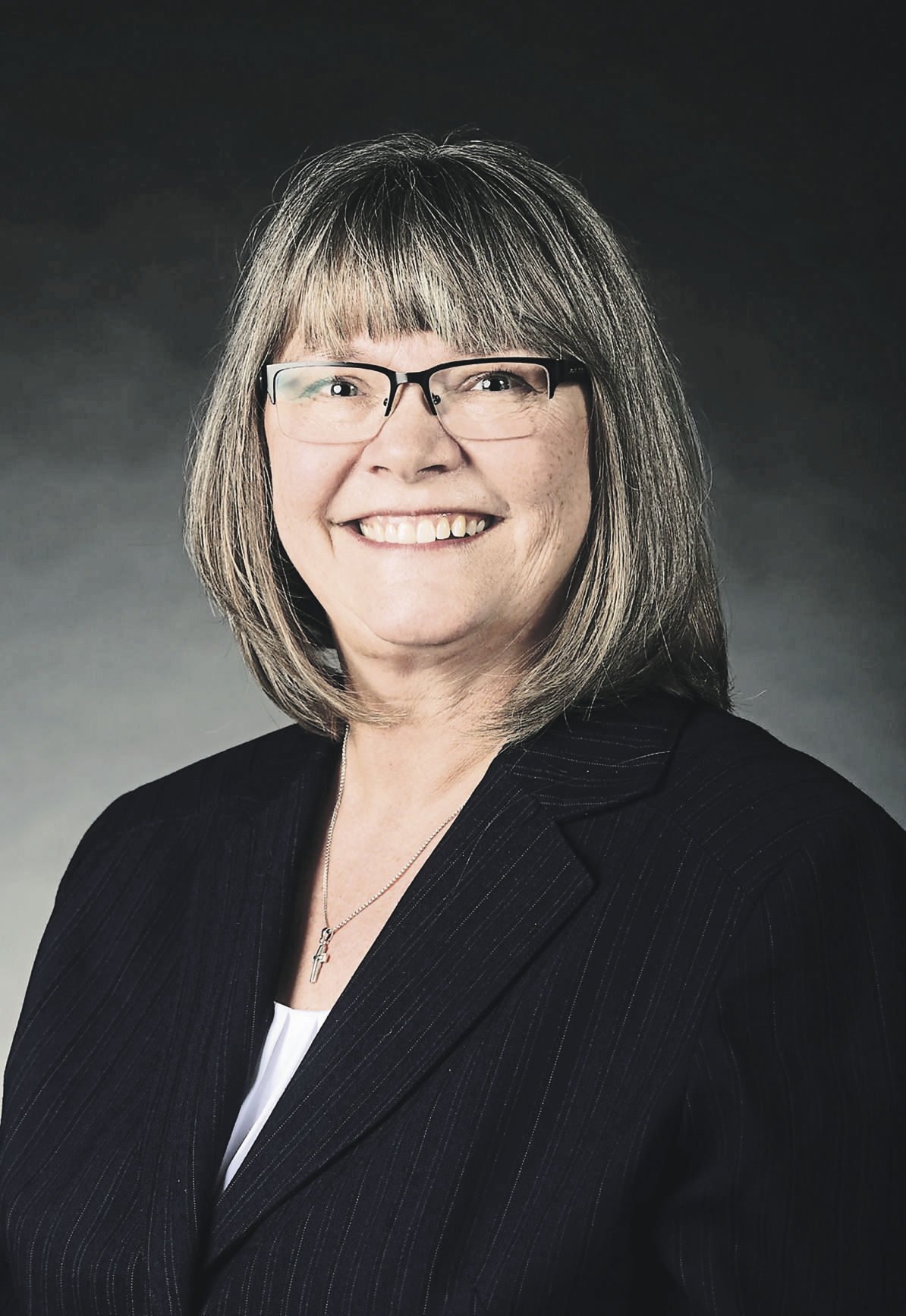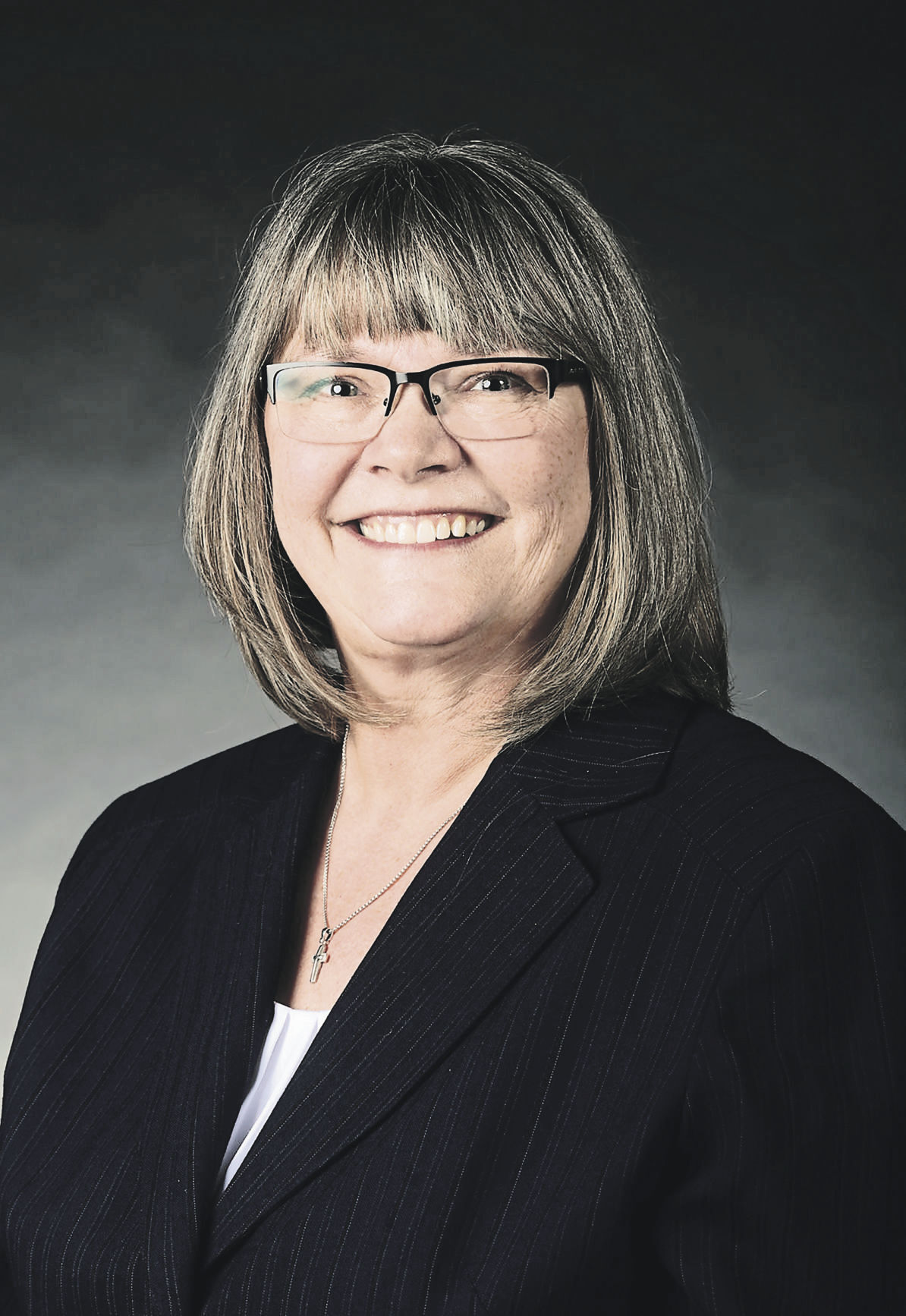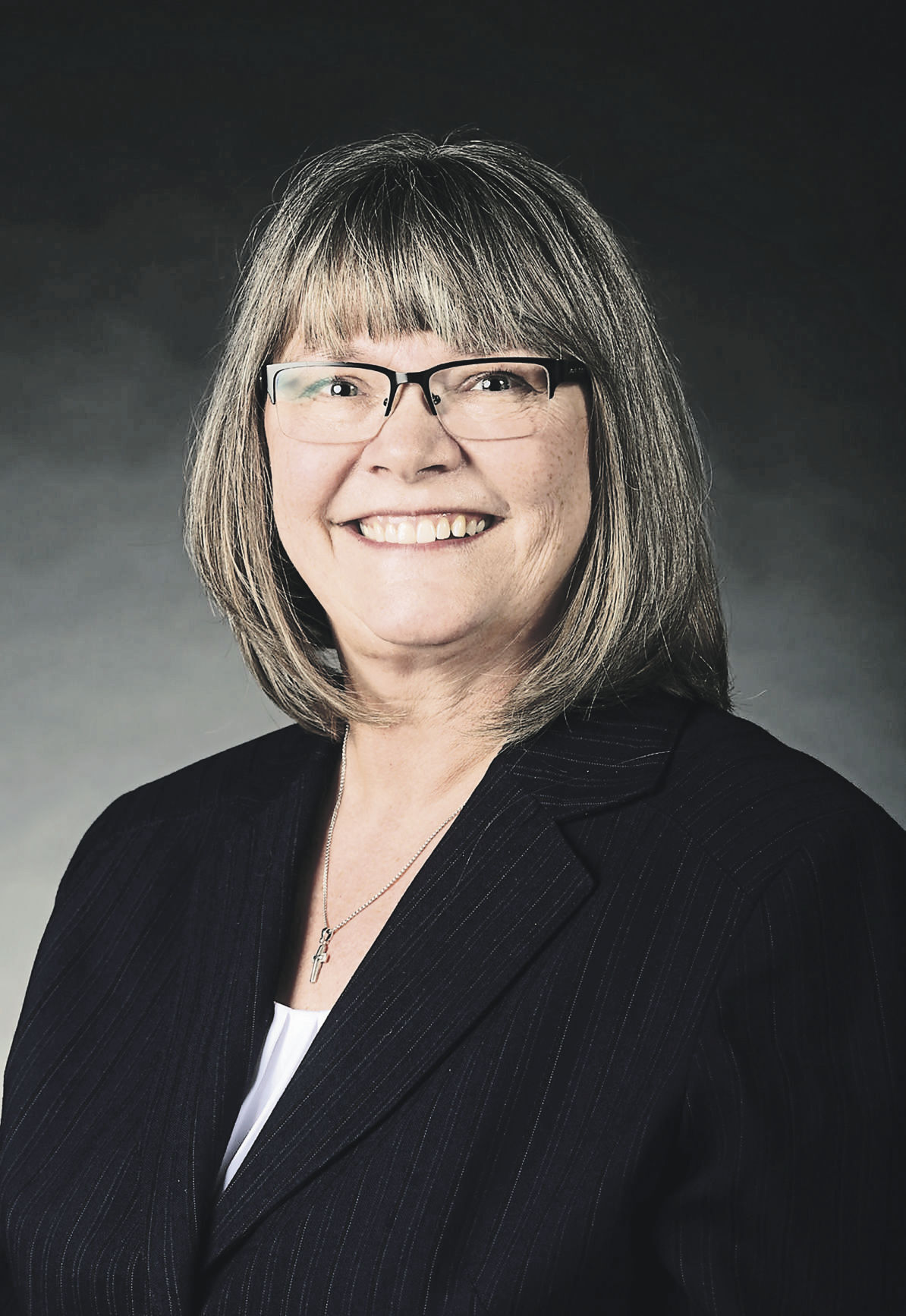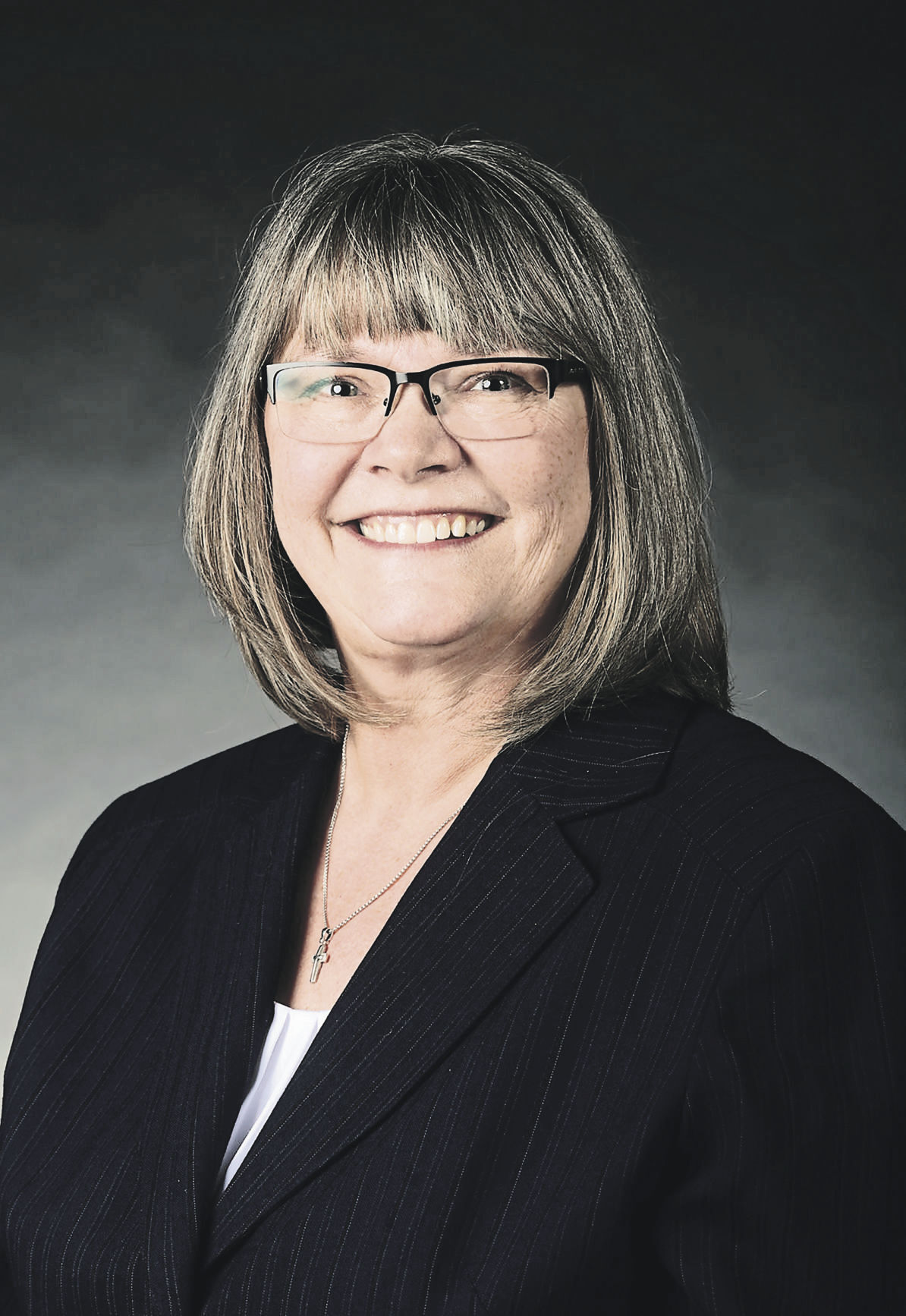As our theme this month is all about parenting, I thought we would discuss how to optimize your caregiving when caring for your children.
My expertise is in guiding adults to care for other adults, but the main practices are similar. Caregiving done properly takes much time, energy and attention. Many caregivers don’t realize how demanding it can be until they are caring for a child or parent.
Caregivers might feel anxious, frustrated, overwhelmed, tired, stressed, sad and perhaps angry with the dynamics that the caregiving role can create. Add to that scenario caring for your child, and the situation is escalated.
I would like to share a professional secret with you: Professional caregivers are trained in the practice of “rational detachment.” It is the most effective practice we use in our toolbox.
What is rational detachment?
It’s about finding something positive in the midst of a challenging situation. It’s the practice of actively shifting your focus from what is wrong to what you can do about it.
Perfect examples of rational detachment are demonstrated by air traffic controllers, vascular surgeons, police officers and first responders. They remain cool and collected, with a fierce objectivity in adding their specialized skills to the situation. They are concentrating singlehandedly on landing a plane safely, repairing a blood vessel or responding appropriately in a shooting or triaging an accident scene. They don’t think about what could go wrong for a split second. They bring their best to situation and act.
If it weren’t for the calm and objective detachment that many professionals exhibit, the situations would not have as many favorable outcomes.
How can you translate rational detachment when caring for your child?
Keeping as calm as possible can impact the outcome of any situation, especially when caring for a child. It can be especially easy to obsess about what is wrong, and you can become highly anxious with non-stop worries or other negative emotions.
This is particularly true when it is our children. It is our sacred promise to keep them safe. The consequence of going there is that you cannot be responding in that way and get to the other side of the situation. This frantic state will block your view of possible solutions.
Study and learn all that you can about rational detachment. Let it inspire you as a beacon that helps you see the light in an arduous situation. It allows you to take in the bigger picture of the circumstances into focus so you aren’t bogged down by your beliefs, anxieties, worries or fears.
We all have frenzied emotions from time to time. They are natural and often heightened when we parent. Know that they don’t have to prevail. We can get to other side of a situation by taking our cue from rational detachment.
Remember, feel the feeling, but train yourself to be rationally detached, and you always will do the right thing when taking care of your child.
Laura Nissen is a passionate Alzheimers Association volunteer who enjoys advocating for those with memory disorders. She works with families to help them learn the skills of caregiving. She also enjoys serving as a community educator, caregiver support group leader and Memory Cafe leader for the Alzheimer’s Association.

















